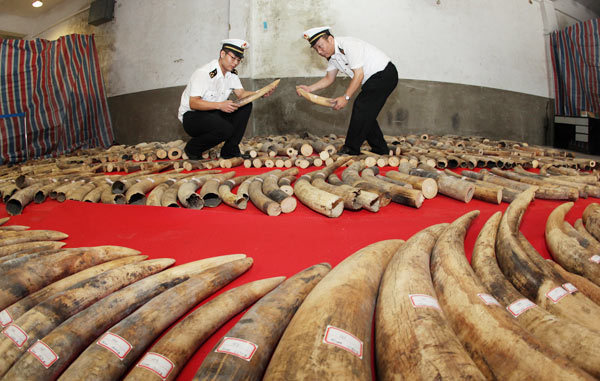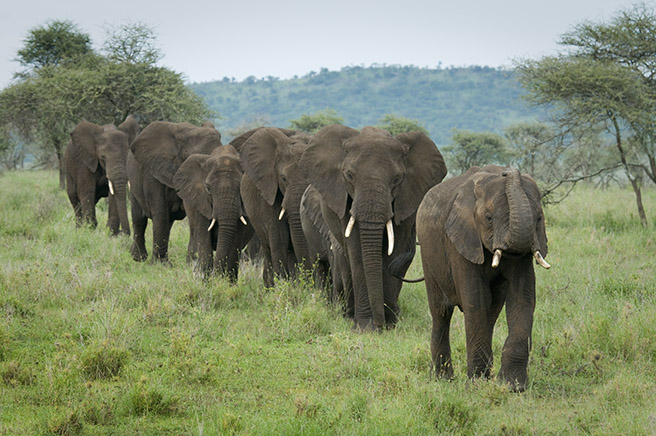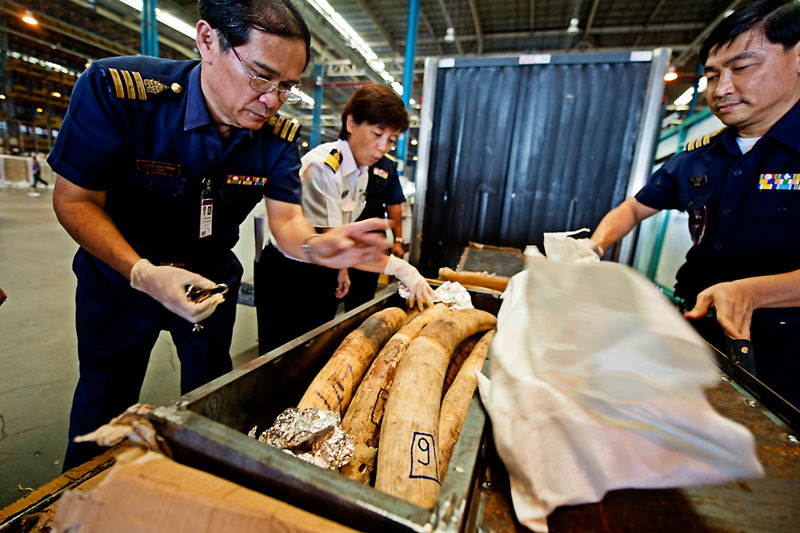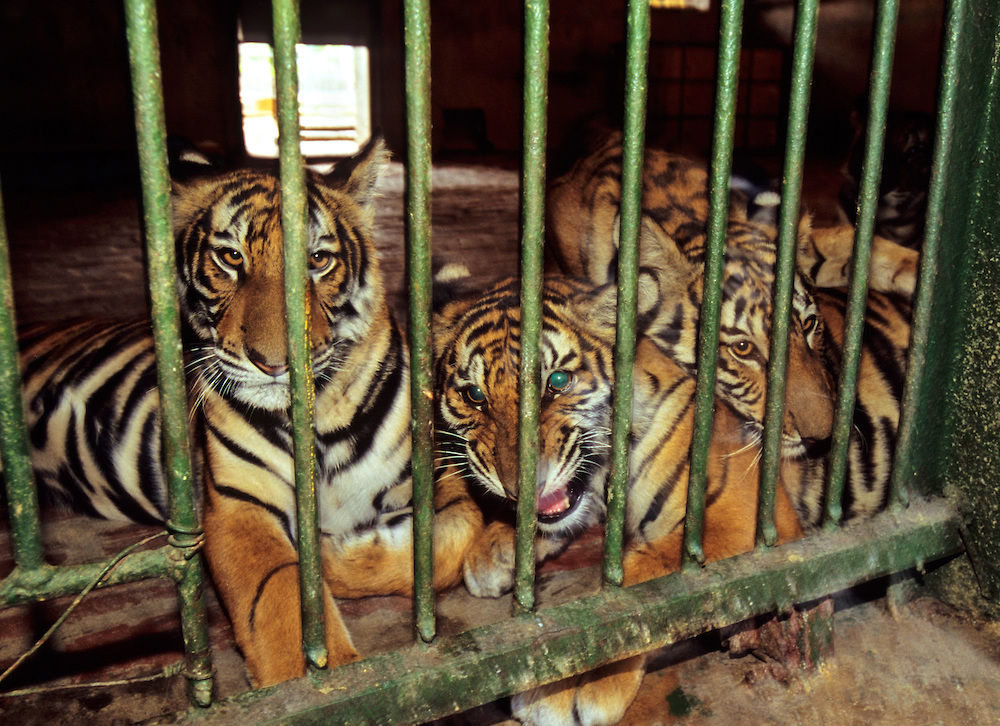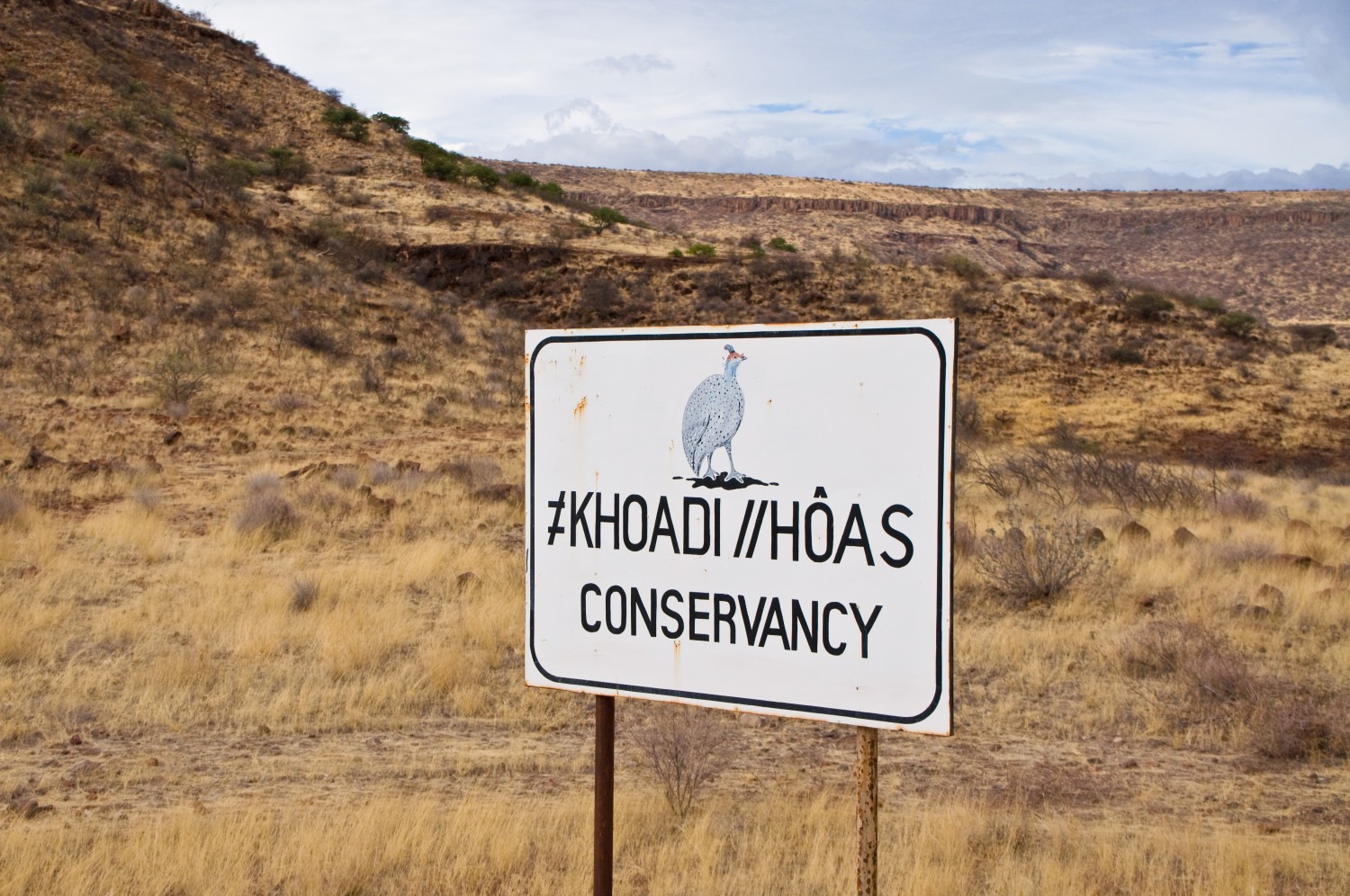Behind the scenes at the G20 Summit in Hangzhou, Xi Jinping and Barack Obama agreed to enact the Paris climate agreement and a number of smaller policies aimed at reducing emissions from air travel and of hydro-fluorocarbons. Progress on efforts to combat catastrophic climate change prove that, despite their differences… read more
Debt-for-Nature and the Illicit Wildlife Trade
Debt-for-nature (DFN) swaps “involve the purchase of a developing country’s debt at a discounted value in the secondary debt market and canceling the debt in return for environment-related action on the part of the debtor nation.” The debt that is purchased is then returned to the debtor nation as equity in… read more
The Nature of Ivory Demand: Thailand
Thailand has become the second largest market in the world for illegal ivory, and by some estimates, the world’s fastest growing. Between 2009 and 2011, 10,923 kilograms of ivory was seized coming into the country. From January 2013 to December 2013, ivory pieces on sale at outlets in Bangkok grew from 5,715 to… read more
Gaps in China’s Wildlife Laws
China’s recent efforts to control the trade of illicit animal products both into the country and within its borders are a positive development. As I mentioned in a previous post on Chinese wildlife enforcement measures, China has one of the best track records in Asia when it comes to border enforcement… read more
Loopholes in China’s Domestic Ivory Market
At the end of February of this year, China announced a one-year moratorium on ivory imports, stating that it will not be issuing import permits during this time. This move did little to appease the international conservation movement, which is more concerned with China’s domestic ivory market and circumvention of… read more
Namibia’s Community Wildlife Conservancies
Two of the biggest obstacles to effective conservation schemes in Southern Africa are the high rates of rural poverty and the lack of a system of laws providing property rights to vast sections of the population. Since the mid-1990s, the Namibian government has sought to incorporate into the conservation effort… read more
Addressing Wildlife Demand Reduction in China
The Chinese government, with the support of international wildlife NGOs, must implement a systematic approach to curbing the demand for wildlife products. A seemingly arbitrary cherry-picking of species with mixed motives—like that of curbing corruption—have garbled the message of wildlife conservation in China. For the past three decades, environmental concerns… read more


